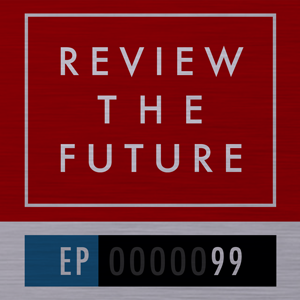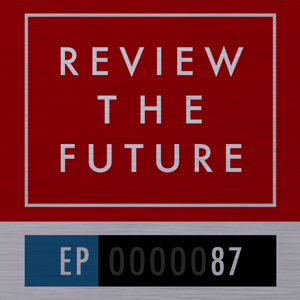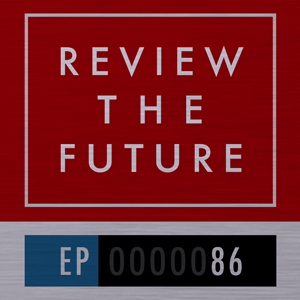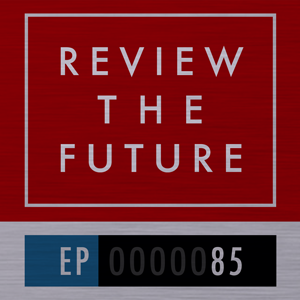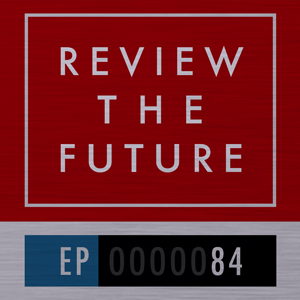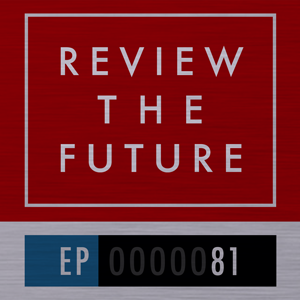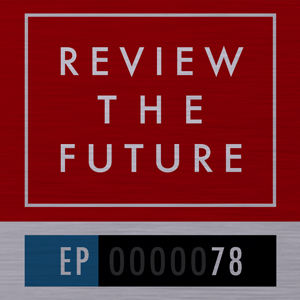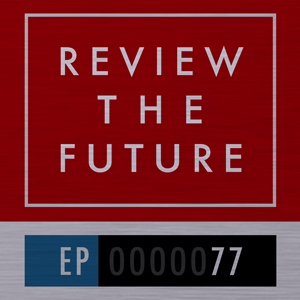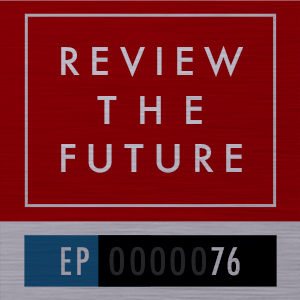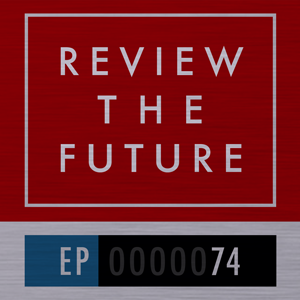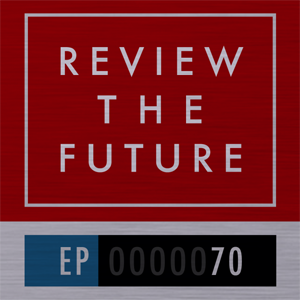Script Content:
-Zoya gets caught by Alltaf and assigned the task of killing Tim
-The leadup to Tim’s death from Zoya’s perspective
-The aftermath of Tim’s death: burying the body and lying to Cranium
-Caught by Cranium, Csaba knocks out Cranium and takes his conjuring stone
-Armed with the stone, Tim and Zoya head for the portal inside the church so they can escape Katall
Discussion:
-Conjuring staff was changed to a stone so that it can be smuggled into church.
-Do we need the scene of them getting to the church early and waiting to get in?
-What are the mechanics of the portal? What prevents Tim and Zoya from simply sprinting for it? Is it a one way door that is easier to enter than to leave? Is it only open during a key moment of the church ceremony?
-The sequence where Zoya lies about stealing the hunt-master’s axe is at odds with earlier scenes where she has ready access to an axe without needing to steal one.
-Does it make sense for Csaba to be behind a barrel when Tim and Zoya are talking? What is Csaba’s motivation for hiding?
-What is the POV of Zoya’s voiceover? We had discussed it originating from her trial testimony, but that seems probably too limiting of a rule.
c48: Script Draft 1, Beats 37-41


